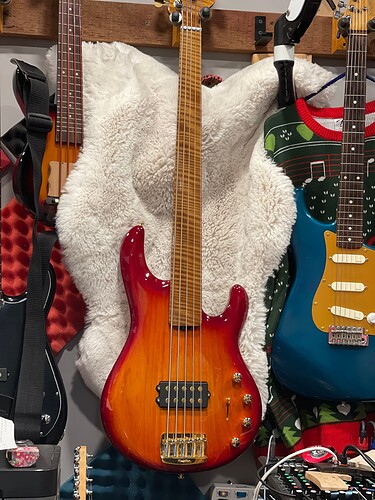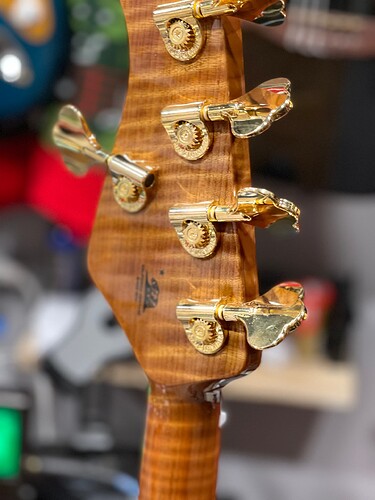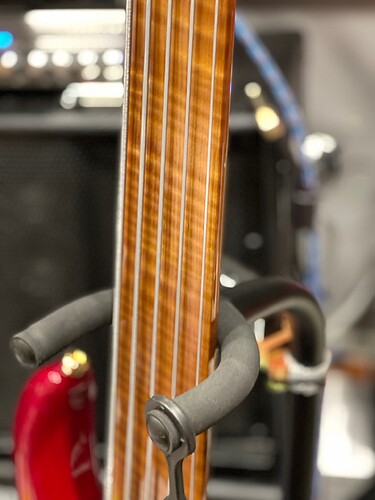To me, this isn’t definitive for a few reasons, but is suggestive. I think people will agree/deny based on their current beliefs.
Here’s my feedback, hopefully objective.
Who is this guy? I don’t know him from Adam, and people have gone through far more elaborate hoaxes. How do we know how much was done in the mix. We know he says none, but there clearly is some. I can tell my that from listening on my phone. Also I don’t trust everything on the internet.
Like any scientific experiment, it’s not accepted until it’s repeated.
Does bass work the same? I hear objects vibrating in my house when I play my bass, but not when I play my guitar through the same pedals and amp. I literally unplug one and plug in the other. Basses resonate. How does tonewood interact with resonance.
I have played a bass top loaded, and through loaded. It doesn’t sound the same, and sustain is different.
I have added high mass bridges and again, tone is different.
And I mean different, not better or worse.
I think I’m still where I was at the start. Tonewood is a contributing factor, but a minor one. Most of the tone comes elsewhere. But the tonewood makes a big difference for weight, comfort, and durability.






 XD
XD


